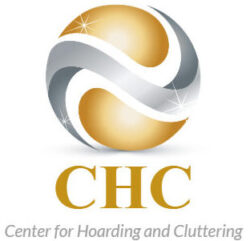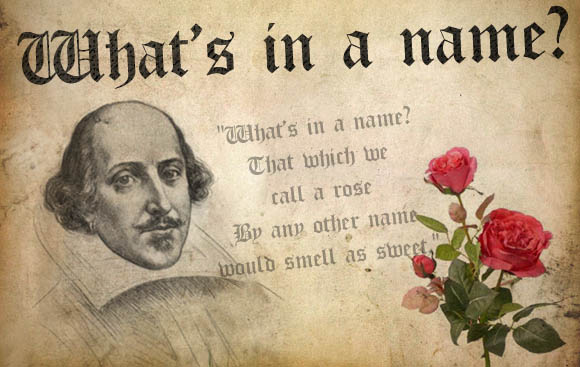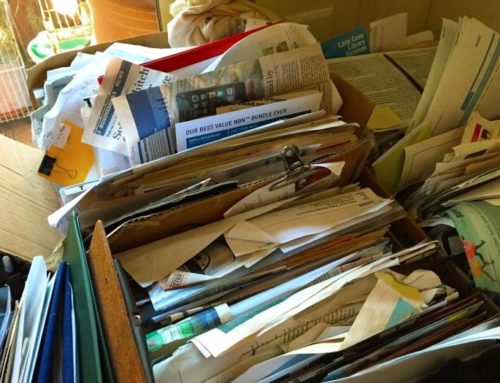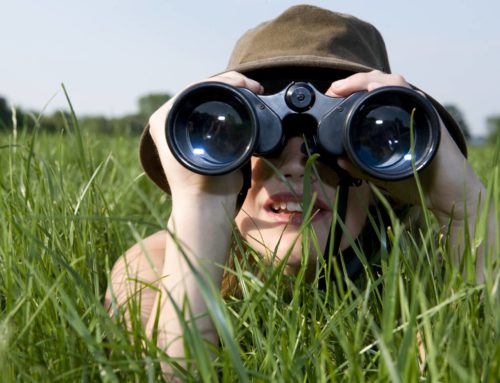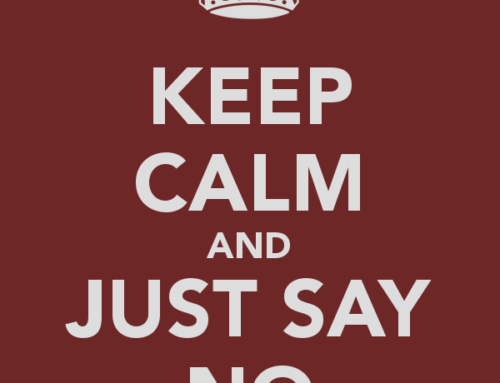Many people struggle with what word to use when referring to excessive clutter and the people affected by it. The term hoarding or hoarder often brings to mind the worst of the worst crisis cases as seen on reality tv or the news. This being the overwhelming frame of reference, it’s easy to see why the term hoarding and hoarder carry such a negative connotation. The tv shows are greatly responsible for the considerable amount of awareness being brought to this issue today and the resulting increase in supports and resources becoming available. At the same time, the severity of the cases on tv needed for the ‘reality factor’, may lead those that do have hoarding disorder to misidentify their behavior. Statements such as “My house isn’t dirty..or infested…” or “My things are organized…” or “I can get out my front door…” or “My house isn’t like those on the tv show…” lead to the assumption that “I do not need help”.
First and foremost, it is important to understand that being called a hoarder is hurtful, primarily due to everything discussed in the first paragraph. There are a lot of terms that people prefer such as collector, clutterer, finder keeper, etc. That being said, it is a bit of a catch 22. If you’re looking for help online, googling those search terms will not bring up relevant results. The search terms ‘hoarding’ and ‘hoarder’ bring up the most relevant supports and resources. Speaking for myself, I’m fine with whatever term the person feels most comfortable with, especially prior to or in the early stages of mental health treatment. When someone is in the middle of a crisis such as failing an inspection or under threat of eviction, or are just getting the courage to reach out for help, that is not the time to demand they admit they are a hoarder or have hoarding disorder.
While I do believe that to solve the problem, you need to identify the problem, for people who have the insight to know they need help and the motivation to seek it, my preference is to allow them to come to that conclusion on their own time. This is done based on a thorough discussion of concrete and objective diagnostic and research-based facts. Whether someone recognizes right away that they meet criteria for hoarding disorder or has difficulty fully identifying or openly coming to terms with it, they can still learn skills and strategies to work towards change. Either individually, or in a group, I encourage people to have an open mind while reviewing the diagnostic features, the mental component, the comorbid mental health issues, the processing issues, and the effects of trauma and loss on their behavior. Rather than asking them to admit to having hoarding disorder, or trying to argue the point, I instruct them to take note of what applies to them and what doesn’t and continue to move forward. I would rather someone get help by calling it whatever they want initially than to have them decide not to get help or continue treatment because they were being labeled something they did not identify with at the time.
Marnie Matthews, MSW, LICSW
(Members of The Clutter Movement online community have direct access to experienced and professional support, coaching, consultations, and education. Through weekly live groups, weekly virtual office hours, monthly educational webinars, topic specific forums and live chat, professional training modules, and a library full of resources we are breaking down the biggest barriers to treatment and support for hoarding: access and affordability. Now individuals, family members, and professionals have 24/7 access to affordable professional coaching, consultation, guidance, and training at their fingertips. Join us today! )
